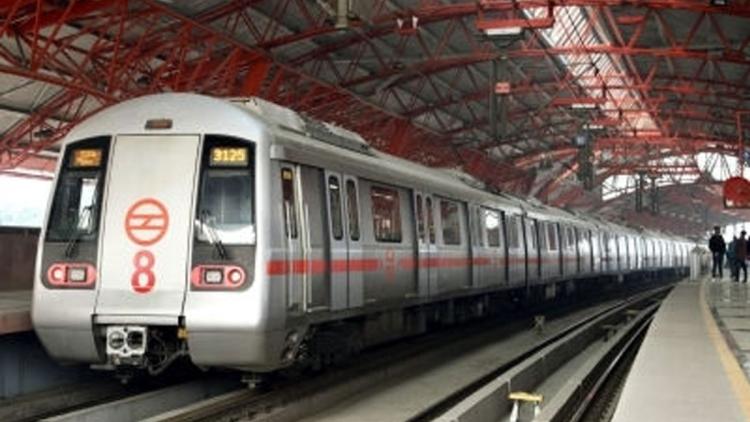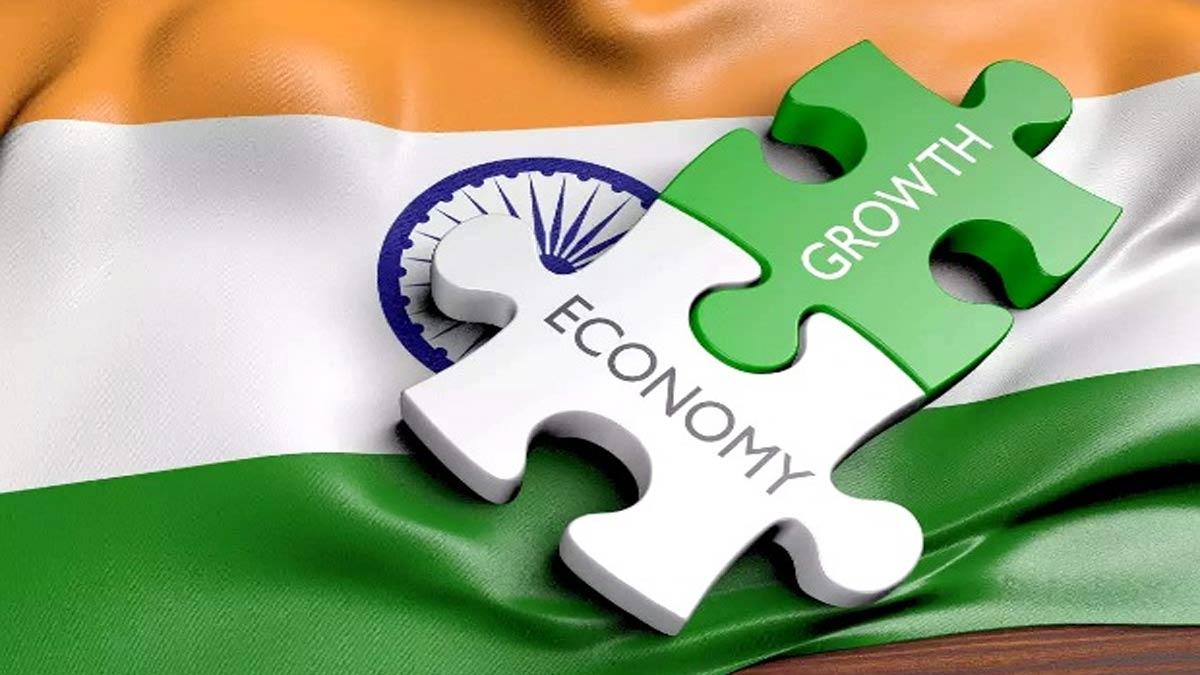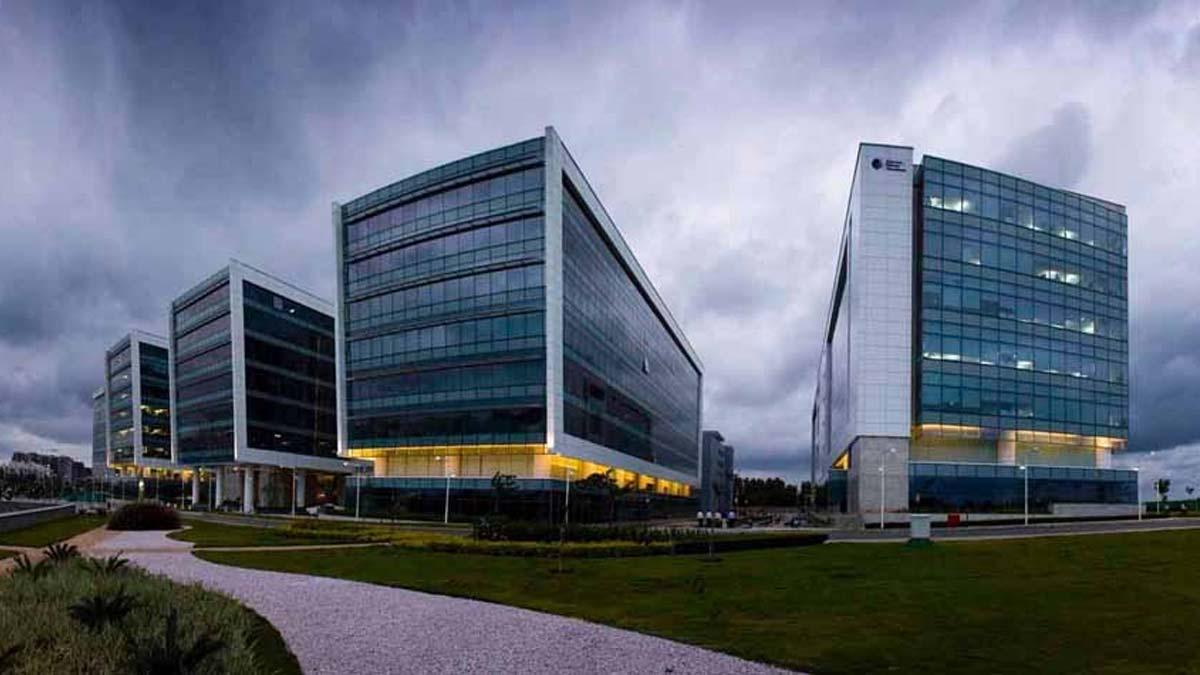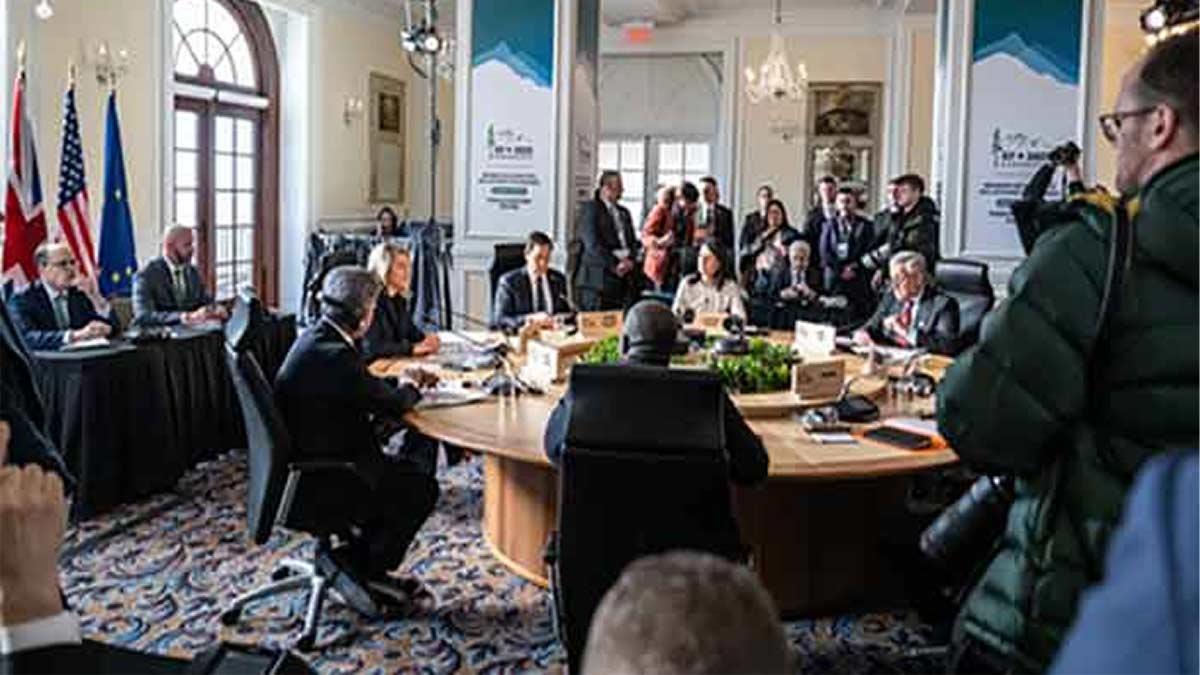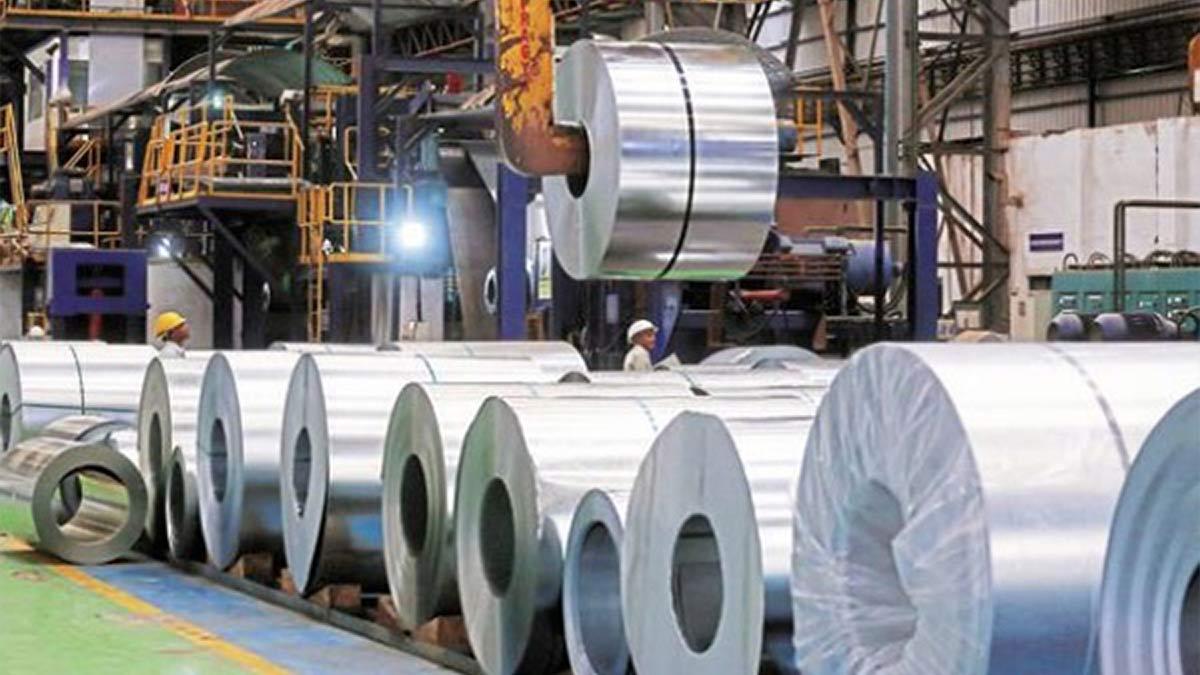India's metro network has been rapidly expanding, and it's anticipated to surpass the US's network to become the world's second-largest in the next few years. Union Housing & Urban Affairs Minister Hardeep Singh Puri highlighted this growth, noting that from 2014 with just 248 km of operational metro rail, India now boasts 895 km of operational metro lines across 20 different cities.
Currently, construction is ongoing for metro rail projects covering 986 km in various cities. Major lines in Mumbai and Delhi are set to be completed this year, enhancing connectivity for commuters.
The Aqua Line 3 in Mumbai is a 33.5-km underground marvel, connecting key financial hubs in the city. Expected to be fully operational by 2024, Phase 1 is likely to commence by April.
Delhi's Phase IV of the Metro, opening in July 2024, includes the Magenta Line from Janakpuri West-RK Ashram Marg and two other lines in progress: Majlis Park-Maujpur and Aerocity-Tughlaqabad.
India's metro network currently caters to a daily ridership of about 1 crore, transforming urban mobility by providing comfort, stability, and security.
Beyond ongoing projects, various metro systems like Navi Mumbai Metro, Pune Metro, Madhya Pradesh Metro, Kanpur Metro, Agra Metro, Meerut Metro, and Surat Metro are under construction, aiming to enhance connectivity across the country.
India is also introducing a Regional Rapid Transit System (RRTS) to ease congestion in major cities, linking Delhi and Meerut over 82 km. Prime Minister Narendra Modi inaugurated a 17-km stretch recently, riding the Namo Bharat train. Manufactured in Gujarat, these trains are part of the Regional Rapid Transit Services and are expected to expand into other cities.
The government's PM-eBus Seva Scheme aims to deploy 10,000 e-buses across 169 cities on a Public-Private Partnership (PPP) model. This initiative aligns with India's green mobility goals, contributing to reducing the country's carbon footprint in the fight against climate change.
(With Agency Inputs)
ALSO READ | India's metro rail network poised to surpass USA's to become world's 2nd largest: Puri
ALSO READ | Air pollution: Delhi metro to run 40 additional trains on its all route from Wednesday

